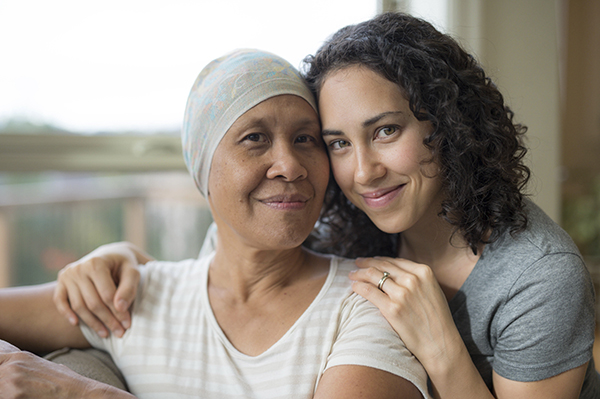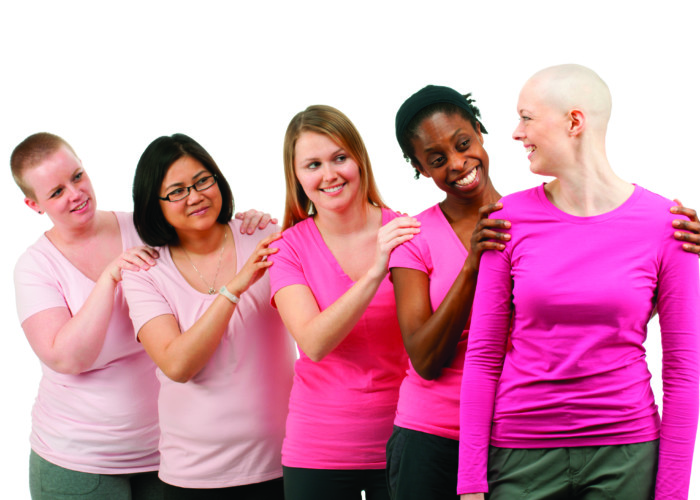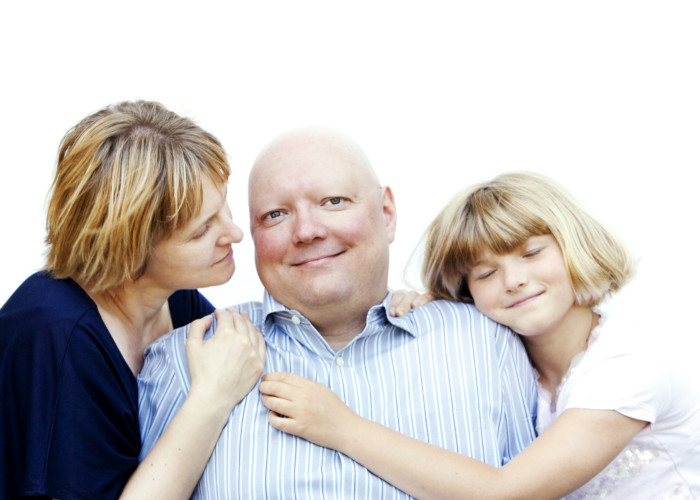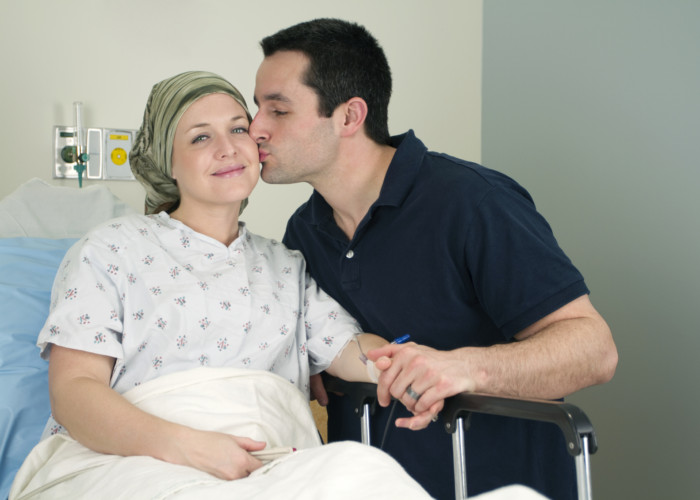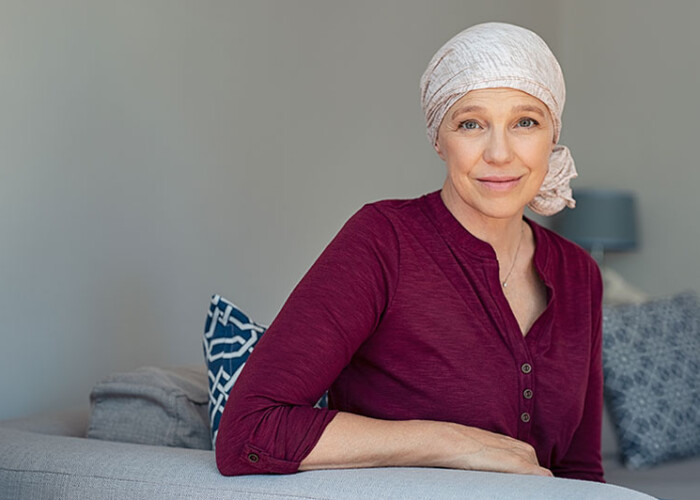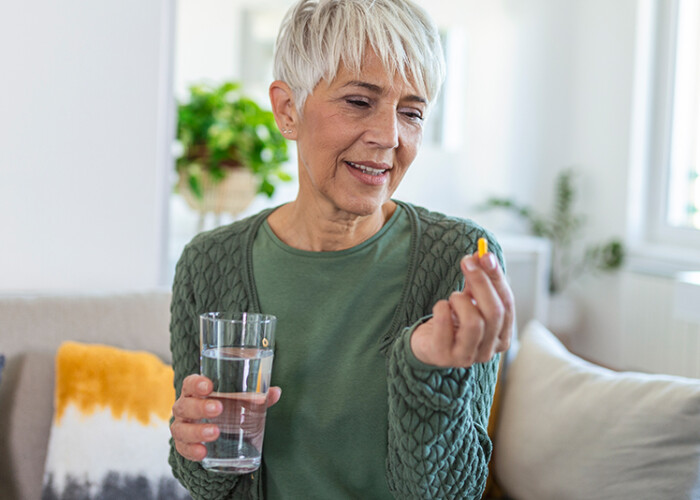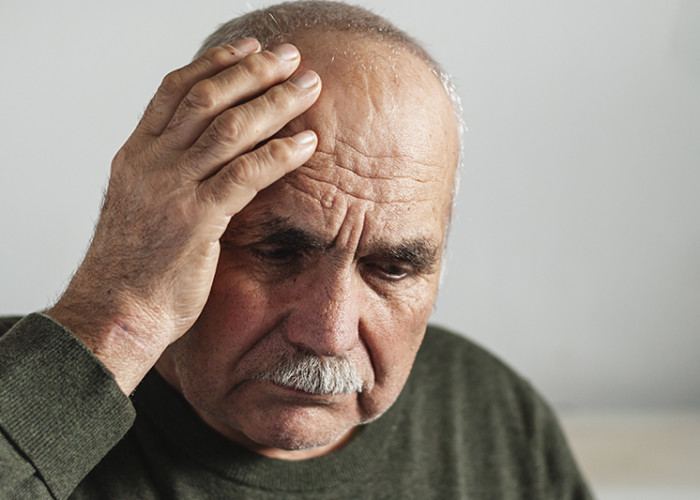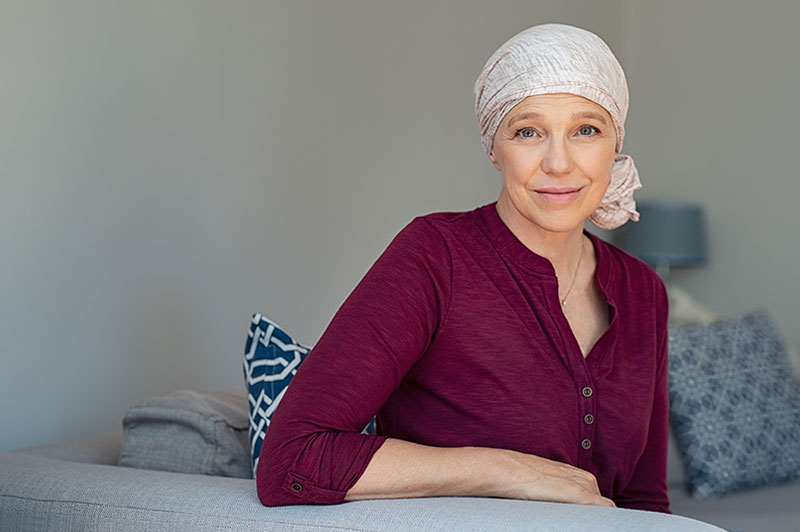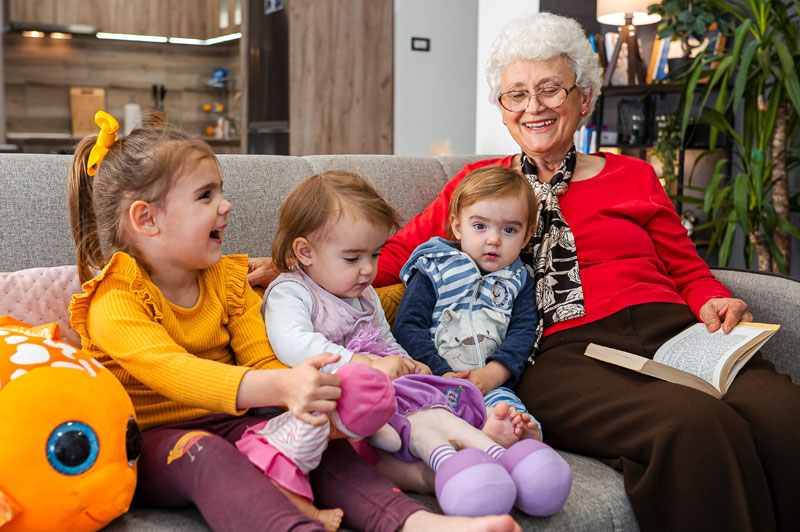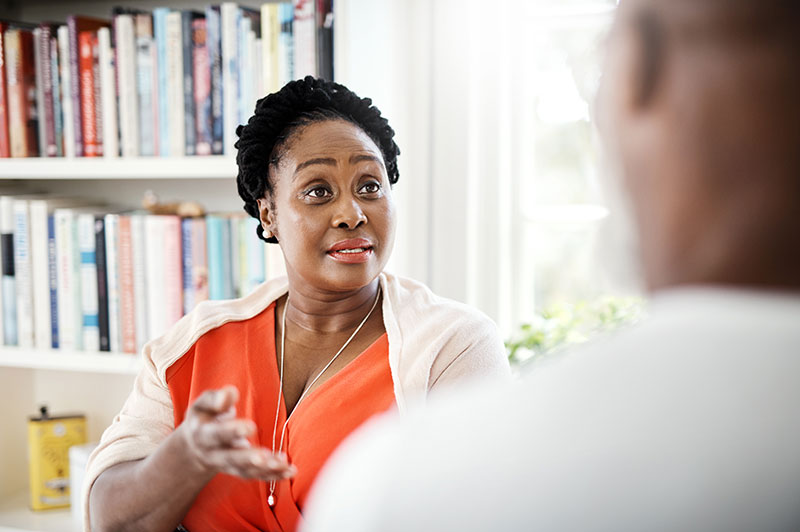Search Results for "cancer"
4 Important Facts About Cancer You May Not Know
These facts about cancer may change the way you think about the disease.
Each year since 1999, we’ve achieved an increasing decline in cancer-related deaths, an encouraging trend that’s poised to continue as researchers learn more and more facts about cancer and its causes, and are able to develop new and better treatment methods. Yet cancer is still one of the leading causes of death in America, second only to heart disease – making it all the more crucial to continue to press forward with persistence to find a cure.
Here’s what we’ve learned so far:
Diet makes a difference. Although a diet rich in antioxidants can help prevent cell damage (and protect against cancer), a recent study showed that in some cases, cancers take advantage of a nutrient-rich diet, leading to accelerated metastasis. As a result, the recommendation … Read More »
Snake Venom Could Open New Treatments for Cancer
Learn how snake venom could possible provide treatment for cancer patients.
Besides helping to manage our mouse and rodent population, it may be hard to think of anything beneficial about snakes – especially poisonous ones. Yet there may be a surprising silver lining to slithery serpents: innovative new treatments for cancer.
Just ask Steve MacKessy of the University of Northern Colorado. He’s been collecting and studying snake venom for decades, freeze-drying the venom to retain its properties. He still works with samples gathered as many as 40 years ago, sharing, “A lot of other protein drugs are inherently unstable, but venoms in particular are designed to be stable under bad conditions.”
Because the toxins in the venom bind very specifically to the receptors of its prey, they have the potential to target only the cancer cells themselves, unlike … Read More »
The Best Cancer Care: Being There
Sometimes, the best cancer care is knowing how to be a good friend.
Receiving a diagnosis of cancer is life-altering, and having a strong support system is crucial. When a friend or loved one is undergoing cancer care, you may feel at a loss as to how to provide the best support, without overstepping boundaries or causing the person any undue stress. These steps, courtesy of Hired Hands Homecare, the best elderly care Napa has to offer, are a great place to start.
Be present. Find out the best times to visit the person with cancer, and then simply be there, to listen, talk, and even laugh together when appropriate, which can bring a breath of fresh air to someone looking to maintain a sense of normalcy.
Bring a treat. The effects of chemotherapy and radiation can cause exhaustion, making it … Read More »
The Unexpected Treatment for Hot Flashes in Breast Cancer Survivors Worth Exploring
Breast cancer survivors experiencing hot flashes can find relief through this treatment option.
For many breast cancer survivors, the discomfort of recurring hot flashes – sometimes as often as multiple times each day – makes each day a struggle. And while there are various treatment options available, one surprising treatment option is beginning to rise in popularity: acupuncture.
Santa Rosa Home Care Company Offers 5 Practical Ways to Help a Loved One with Cancer
Perhaps there’s nothing harder than walking beside a loved one battling cancer. One of the biggest challenges can be the troubling side effects experienced from treatments like chemotherapy, and you probably want nothing more than to relieve these symptoms and help your loved one recover. Although simply being there for your loved one is strong medicine in and of itself, there are other ways to help. Here are some common side effects and how you can help your loved one overcome them:
Skin Problems: Cancer patients often struggle with a number of treatment- and disease-related skin conditions. Loved ones can help by encouraging the use of sunscreen, helping to protect affected areas from trauma, and keeping skin clean and dry.
Hair Loss: If a cancer patient is concerned about the potential for hair loss, loved ones can help by assisting with the … Read More »
How In Home Care Services Can Help Cancer Patients Meet Nutritional Needs
We all benefit from a healthy diet, but it’s especially important for those diagnosed with cancer. Good nutrition helps cancer patients regain strength, enabling them to endure chemotherapy treatments, defend against infections, eliminate breakdown of body tissue, and rebuild lost tissue. Good nutrition also helps patients cope with any cancer treatment side effects and may even be able to help them handle higher doses of certain drugs.
Nutrition recommendations for those with cancer may emphasize eating more higher calorie, higher protein foods. The doctor may recommend drinking more milk or eating foods like cheese and cooked eggs. Other suggestions might include increasing the use of sauces and gravies, or changing cooking methods to include more butter, margarine, or oil. Sometimes, nutrition recommendations for cancer patients suggest eating less of certain high-fiber foods which can aggravate problems such as diarrhea or a … Read More »
Tips from Hired Hands Homecare to Ease Cancer Caregiving
When someone you love has cancer, it’s natural to want to drop everything and help that person, but taking on the role of a caregiver is not without challenges. Cancer treatments and the resulting side effects can be especially difficult for both the patients themselves and their loved ones, and sometimes caregivers may feel overwhelmed.
As a caregiver, it’s crucial to know and accept your own limits, and to know that reaching those limits does not mean that you have failed. Having a support system in place is an important part of taking care of your loved one and yourself. Determine which tasks you will do yourself, and which ones you will need help with.
Try these tips, courtesy of Hired Hands Homecare, to help set yourself up for success as a caregiver:
Build your support system. Talk to friends, family members, members … Read More »
Know What to Avoid During Chemotherapy for the Best Treatment Outcome
The benefits of chemotherapy are indisputable and can save someone’s life. However, in the process of destroying harmful cancer cells, noncancerous cells may also be in the crossfire, causing challenging side effects. The physician will offer recommendations on what cancer patients should do to minimize these effects, but it is just as important to know what to avoid during chemotherapy.
The Most Important Vitamins for Older Adults
With all of the options on store shelves, which are the most important vitamins for older adults?
Minerals, vitamins, and supplements – oh my! Nearly three in four older adults are taking them; but are they really needed as we get older? After all, a balanced and healthy diet offers older adults essential nutrients. But there are specific areas of deficiency that may make a case for the addition of a supplement. Make sure to talk with the doctor before making any changes, but with their recommendation or approval, consider the following important vitamins for older adults:
Calcium
Aging bones are susceptible to breaks and fractures when calcium intake is inadequate. This is especially true for post-menopausal women, with a full 50% of those over age 50 breaking a bone because of osteoporosis. However, men are also in … Read More »
Understanding Chemo Brain and Its Effects
Chemo brain can last for months or even years after treatment has ended.
Memory lapses, confusion, and difficulty concentrating—these symptoms could easily be attributed to Alzheimer’s, but for cancer survivors, there’s another likely culprit: chemotherapy. Referred to as chemotherapy induced cognitive impairment (CICI) or “chemo brain,” these effects can linger for months or even years after treatment concludes. It’s not exclusive to chemotherapy recipients, either; radiation, surgery, hormonal treatments, and even the cancer itself can contribute to cognitive challenges, complicating effective treatment.
Exploring the Complexity:
Dr. Kevin Liou from the Bendhaim Integrative Medicine Center at Memorial Sloan Kettering Cancer Center emphasizes that cancer-related cognitive impairment is a multifaceted issue with various contributing factors. This complexity means that chemo brain can manifest at any point during or after cancer treatment, presenting symptoms like difficulty multitasking, reading comprehension issues, word-finding … Read More »


